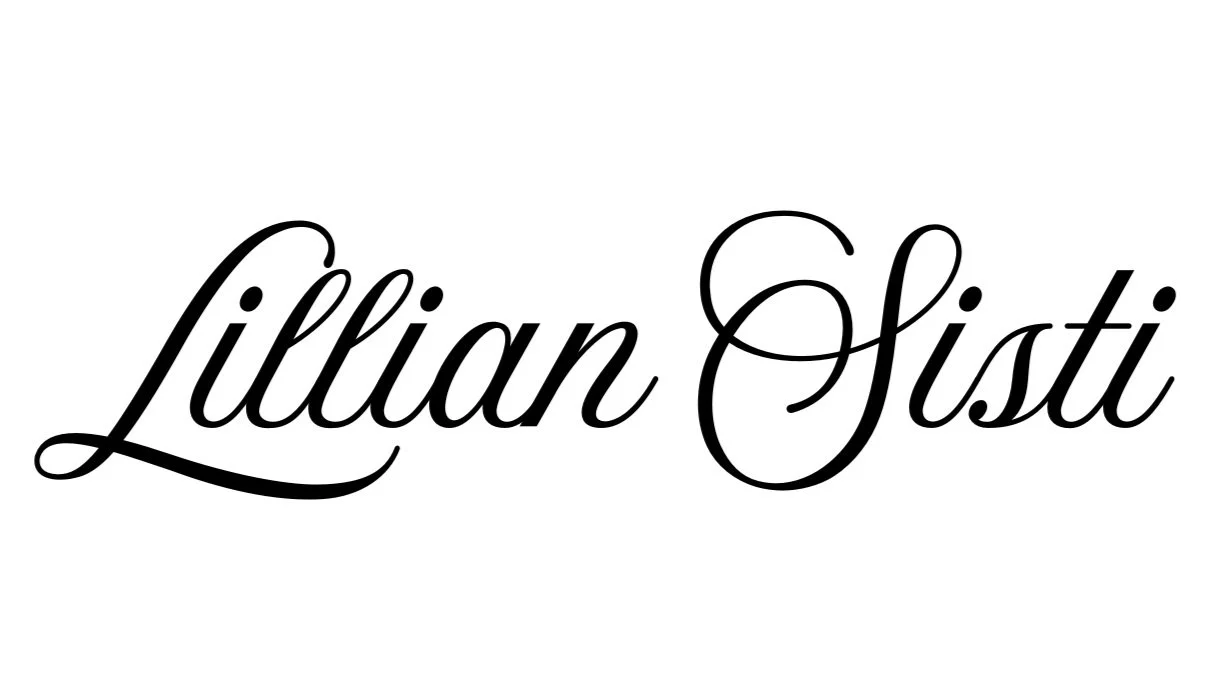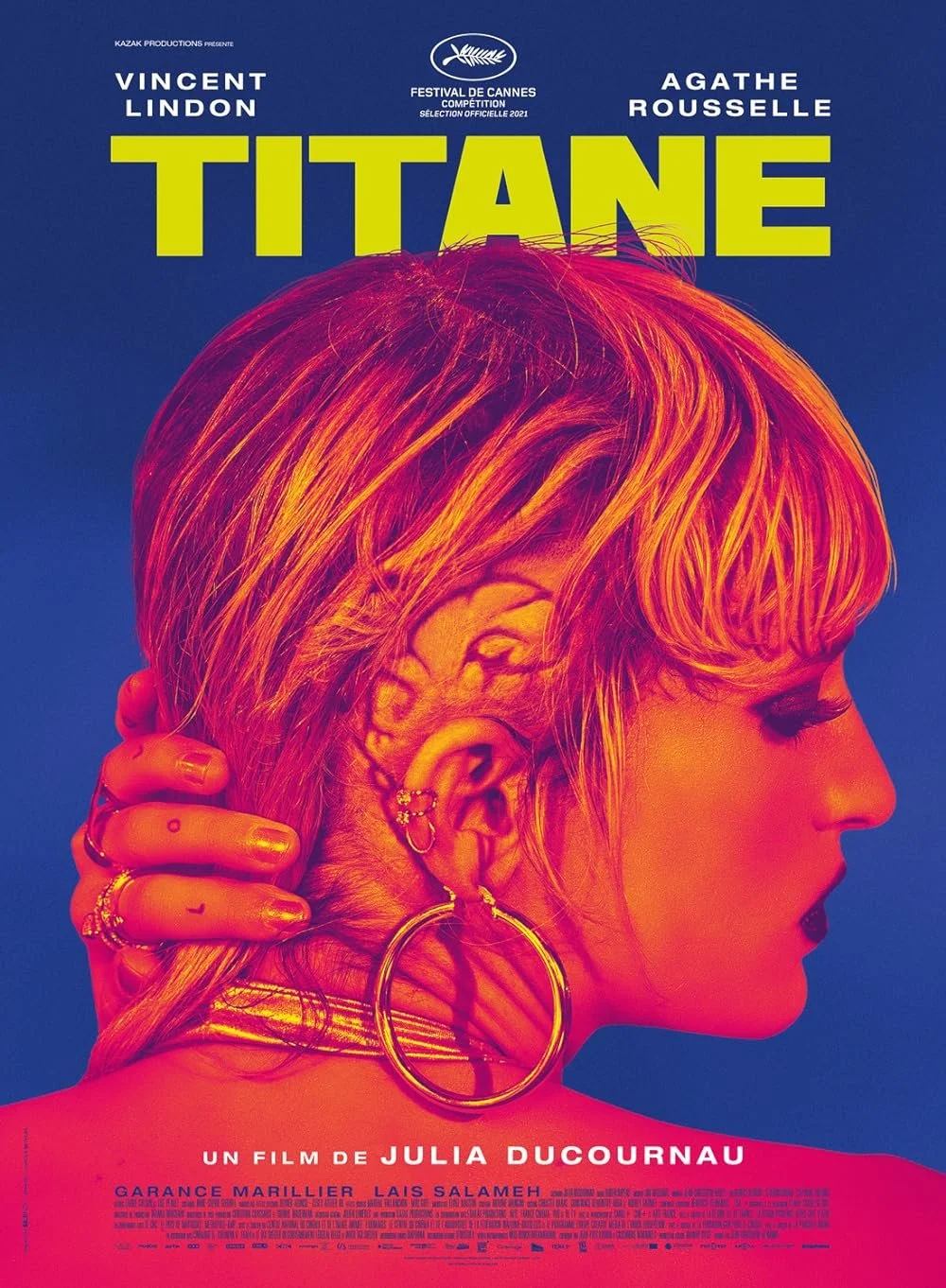Is analysis of film necessary?
In the spring of 2022, each Thursday night I would trek the half an hour walk in the dark to my Women in Horror class. Week by week, I would slip through the sliding glass doors, ascend the neverending wooden staircase, and spend the next three hours in deep discussion and awe. Those nights were a plunge into the deep end of art and film analysis, particularly in the context of horror. Susan Sontag’s Against Interpretation was a central text that always stuck out to me, challenging how we engage with art.
My understanding of Susan Sontag’s Against Interpretation revolves around the separation of the conceptual layer of art, the artist’s intentional meaning behind the work, and the presentational layer of art, what the audience is perceiving and how they are viewing the work. Rather than focusing on understanding the intention of art, Sontag urges that spectators should remain within the realm of what they are presented. Sontag is making the claim that the urge to seek interpretation is the downfall of art, no matter if the artist intends this or not.
“In good films, there is always a directness that entirely frees us from the itch to interpret”
Susan Sontag
While I can appreciate Sontag’s perspective, I find myself questioning the notion that interpretation necessarily detracts from the art itself. I do not agree that all interpretations should be reduced to the idea that there is a “lack of response”. If interpretation allows audiences to understand, how is coming closer to the artists’ intentions shying away from the art? By engaging, we may come closer to enhancing the experience.
I agree that the need for interpretation from audiences does have the consequence of taking the viewer out of the experience. Sometimes, it is relevant and necessary to make films at face value and experience them for what they are, rather than seek out interpretation, but I do not believe that this applies universally.
For example, films like the unforgettable Titane, directed by Julia Ducournau, resist this easy interpretation yet still greatly affect our impression. This was one of the films in my Women in Horror class that we screening together when discussing the topic of body horror. It was also one of the first films that I genuinely could not bear to try and understand. I did not want to seek out interpretation, however, I still experienced the film for what it was and still understood the emotions behind it. While I do not believe that this is necessarily the case for every good film like Sontag does, I believe that wanting to seek interpretation does not reduce a film to being less than good. It is through this dialogue that we can approach a closer understanding of how our analysis with art affects the product.
Sontag, Susan, 1933-2004. Against Interpretation, and Other Essays. New York :Farrar, Straus & Giroux, 1966.



